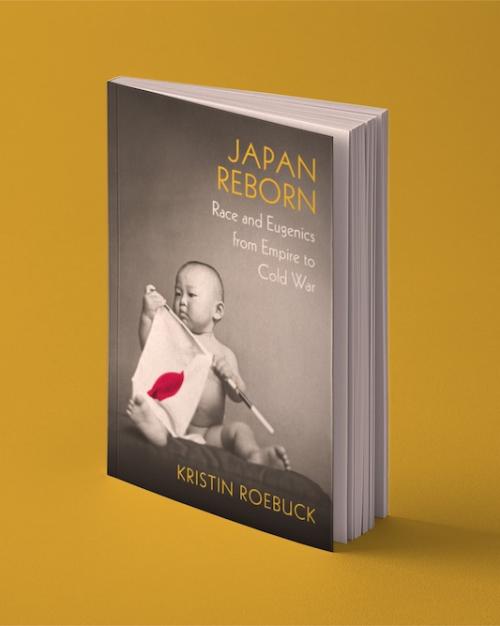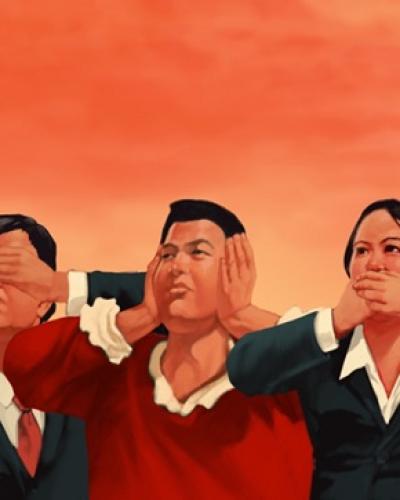HIST 3525 Life and Death in China Under Mao (also CAPS 3525) (HST-AS) (HAN)
Tuesday and Thursday: 10:10-11:25 plus Independent Research
Professor Peidong Sun
Amid the rise of the refugee crisis and authoritarian regimes worldwide, what can we learn from ordinary Chinese people who survived the reign of Chairman Mao Zedong (1949-1976)? How do we define and interpret the human condition in China under Mao's rule? Facing an absolute power, where did the resilience of the Chinese people come from? As a form of human costs, what are the differences and similarities between capitalism and Communism? What does it mean to be human, and what does it mean to be humane?
This course will use first-hand resources and case studies to analyze life and death in the Mao Era. Students will examine the lived experiences of the five social groups, such as capitalists, workers, peasants, cadres, and intellectuals, during the successive political movements after 1949. Students will investigate how the Chinese navigated their lives in difficult times. Those people might be a senior partner for Shell in Shanghai, a hearted Christian and wife, an outspoken intellectual who was persecuted over the years, a former hard laborer who is today one of Asia's best-known financiers or women from the countryside, and so forth. The lecture will shed light on the complicated interrelations between institutional frames, individual identity, gender, and politics in Mao’s China.
No prerequisites are needed; bring your curiosity and be ready to engage with me in vibrant discussions, archival research, Maoism lifestyle exhibits, cross-testimony of family members, film director meetings, and film screenings at Cornell Cinema.
Picture by David Parkins, first appeared in The Economist.





